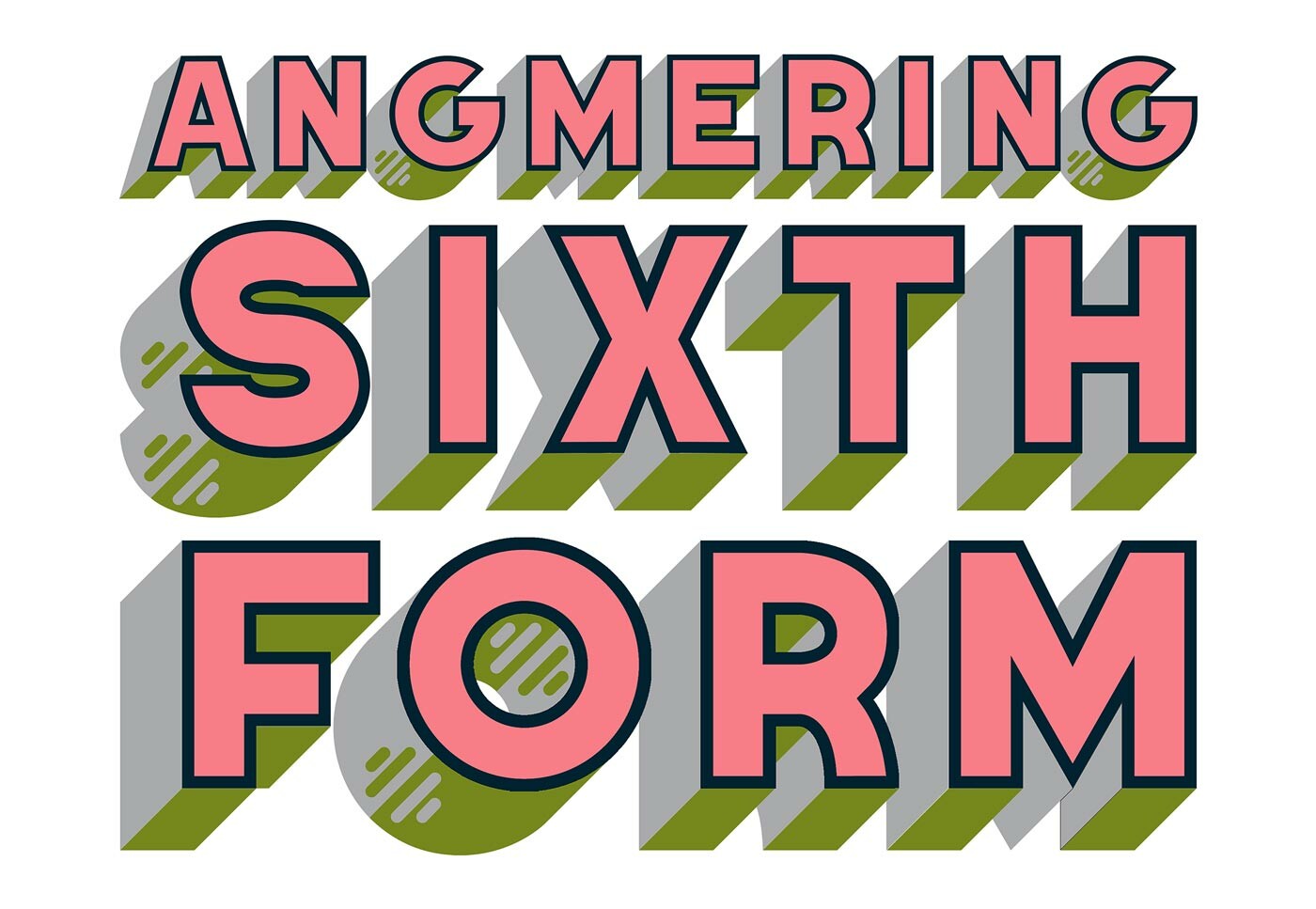Mathematics A-Level (Edexcel)
Course Overview
The A level course takes your ability to answer mathematical problems at GCSE and extend them into real world modelling by providing you with even more core mathematics skills. Through independent learning, classroom discussion and challenging concepts, we will develop your thinking and mathematical skills in a way that builds a deep understanding, preparing you for University.
The key skills which underpin the study of Maths at Key Stage 5 are to develop fluency, the ability to reason, and to apply mathematical knowledge to problem solving. The topic areas covered in this qualification are split into three main sections: pure, mechanics, and statistics. The content within these sections is outlined below.
Pure Mathematics: Year 1
Quadratics; inequalities; graphs and transformations; circles; polynomial division; proof; the binomial expansion; trigonometric identities and equations; vectors; differentiation; integration; exponentials and logarithms.
Pure Mathematics: Year 2
Proof; partial fractions; sequences and series; binomial expansion; radians, trigonometric functions, parametric equations, differentiation, integration, numerical methods and vectors.
Statistics and Mechanics
Measures of location and spread; representations of data; regression and correlation; conditional probability; statistical distributions; hypothesis testing; the normal distribution; forces and motion; variable acceleration; moments; projectiles; applications of forces
The course is assessed by written examination. There are three exams, equally weighted, each two hours long and with calculators allowed. The first two papers are on pure mathematics and the third paper is on statistics and mechanics.
Maths is recognised by universities as a 'facilitating subject' which means it is highly valued on any degree course, as the skills underpin many professions and subjects. In addition to studying Maths at university, the A level is normally a pre-requisite to any degree with a high maths content such as Engineering or Computer Science, and is also very useful for any Science degree. Maths is also useful for architecture, and higher level courses or careers in finance, economics and accounting.
You should be on track to achieve a minimum of 5 GCSEs at grades 4 - 9, including a grade 6 Maths and a 4 in English (Language or Literature).
Please note that we recommend at least a grade 7 in Maths to be successful on this course, but we are happy to accept grade 6s on a case-by-case basis - please talk to us if this applies to you.
Please complete this task before you start the course, and be ready to hand it in on the first lesson in September.

